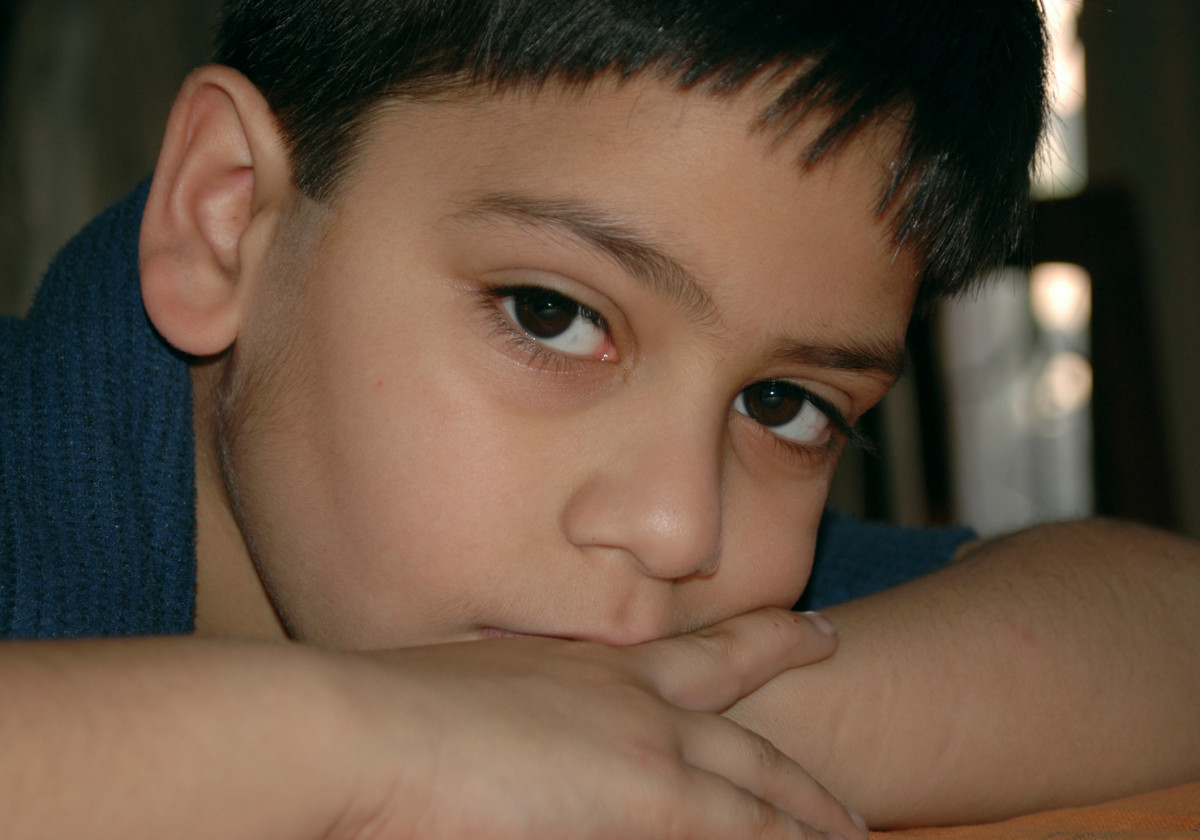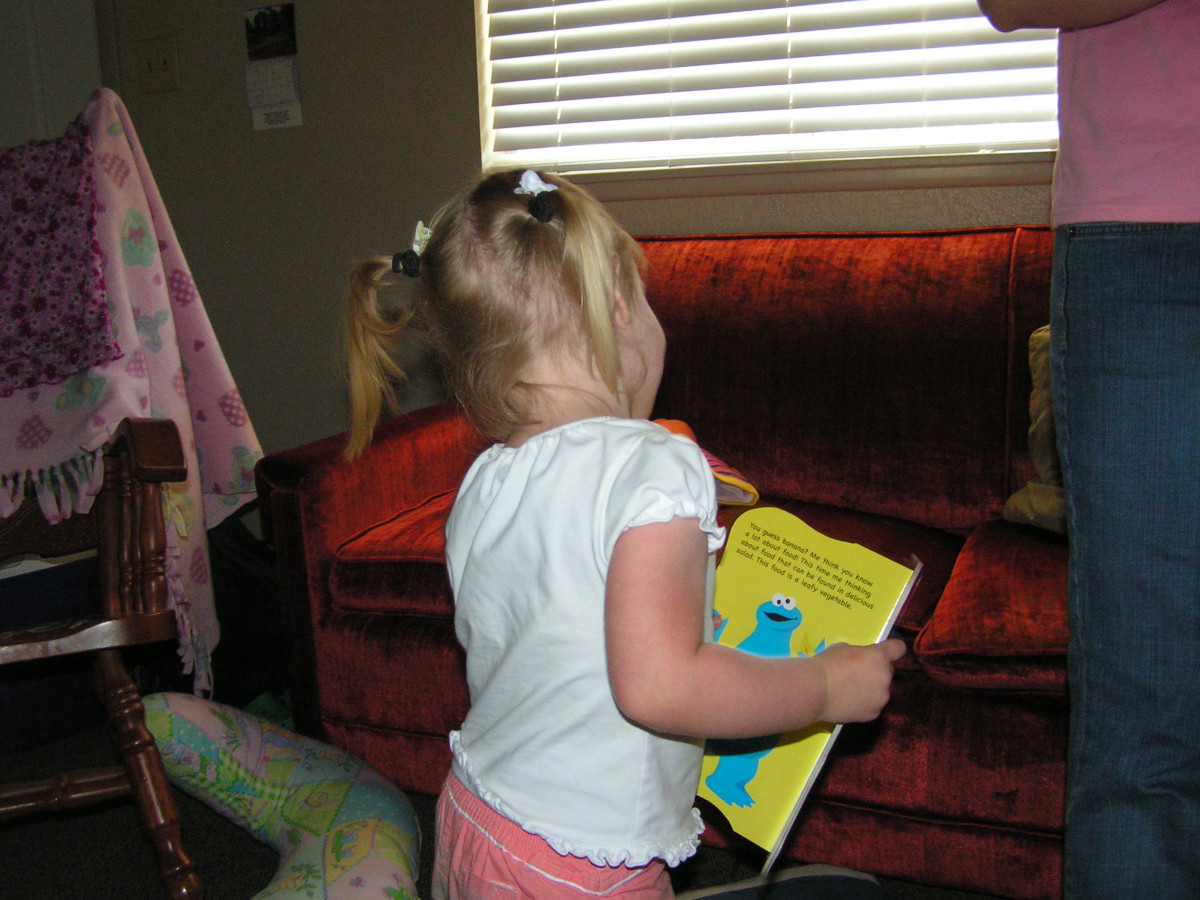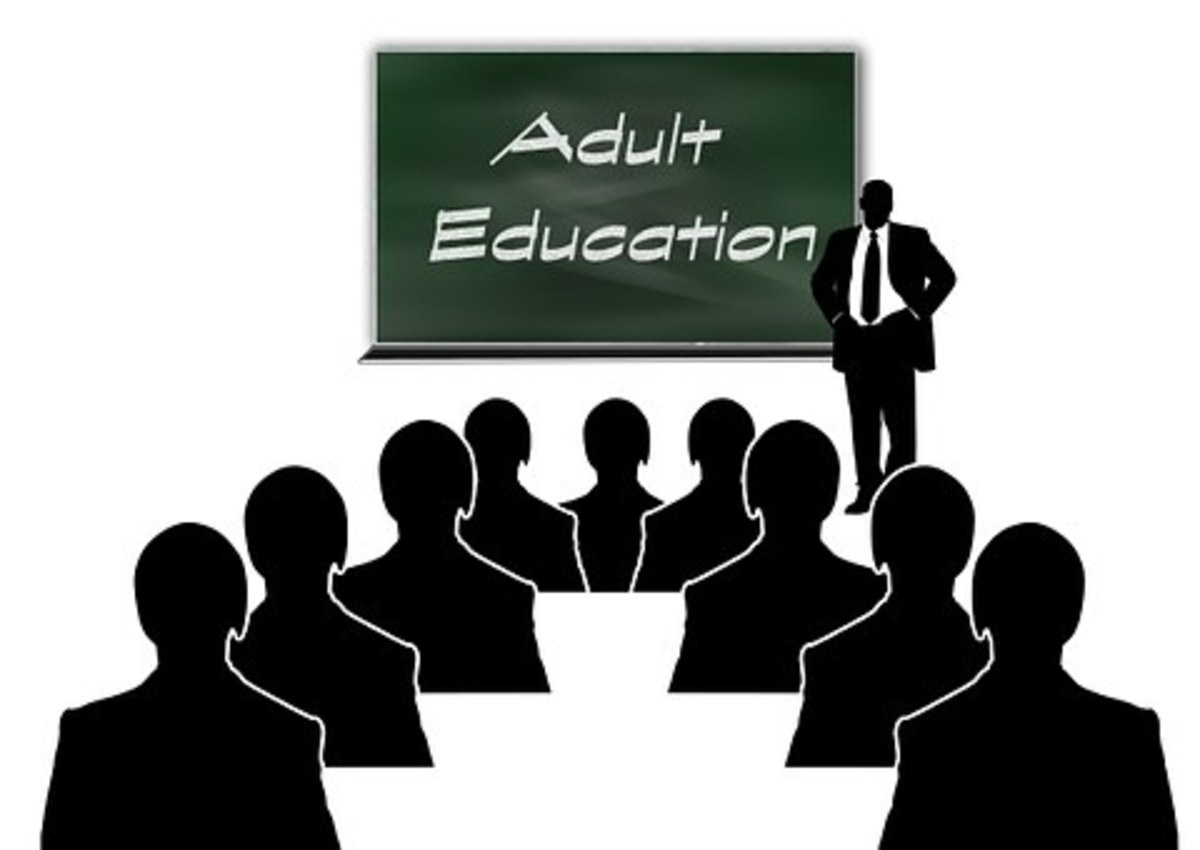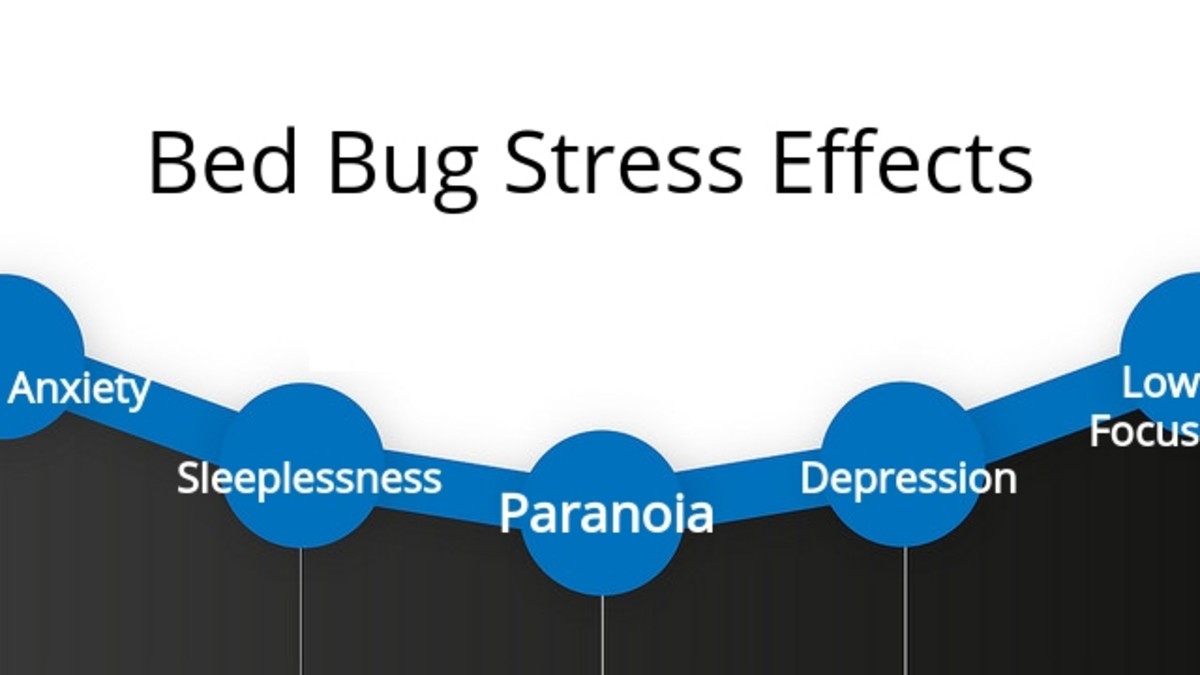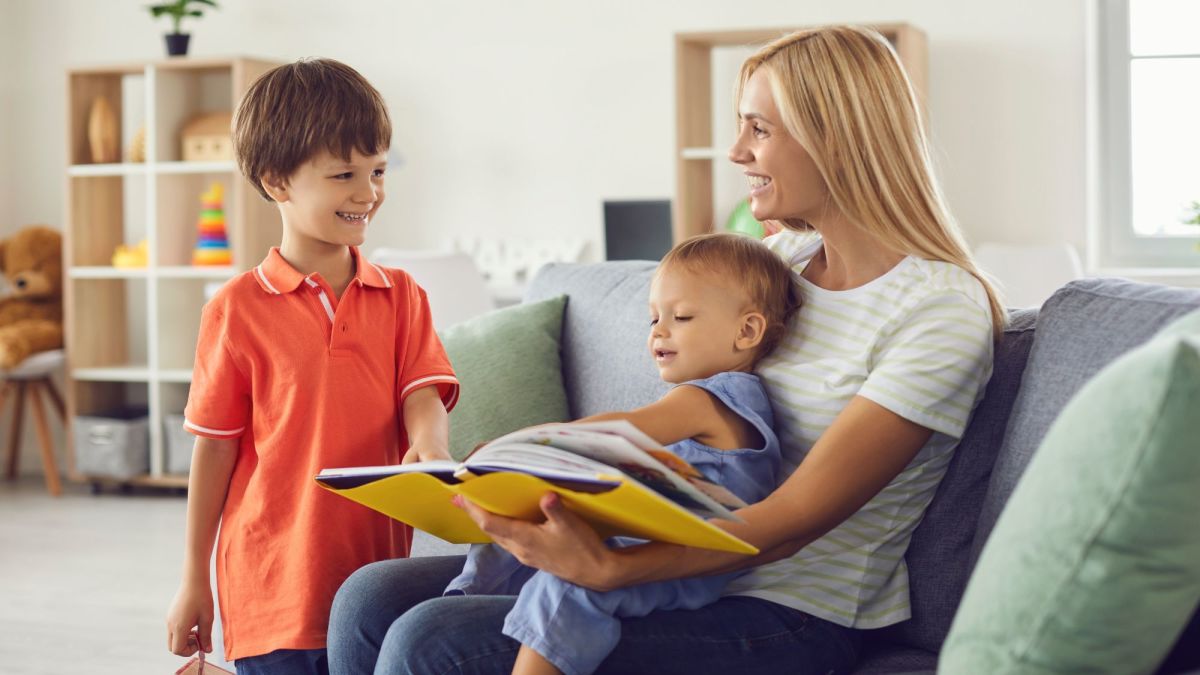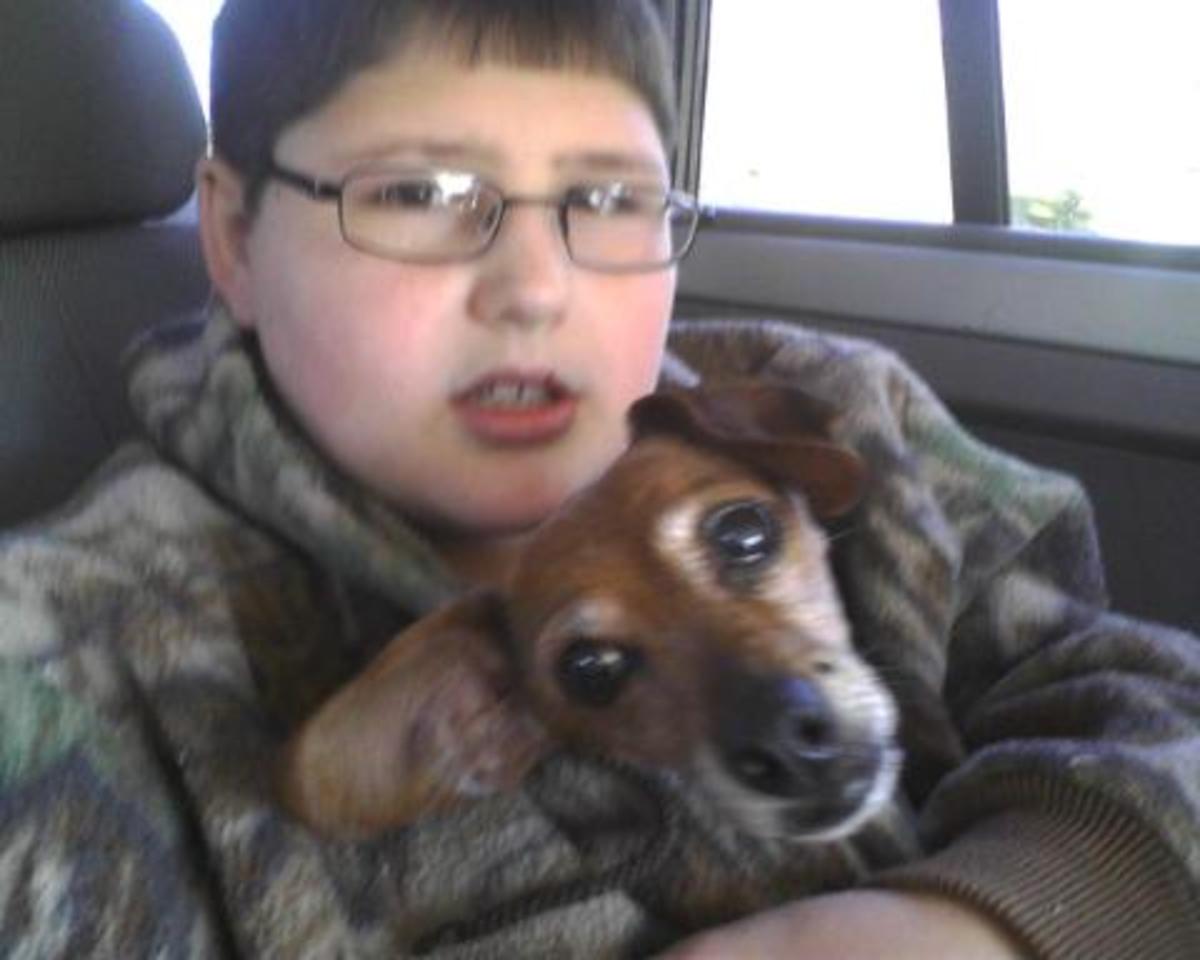- HubPages»
- Family and Parenting»
- Parenting Skills, Styles & Advice»
- Parenting Advice & Tips
Helping Young Children Cope With Traumatic Events
There is no one answer, no one way to talk to each and every child when tragic, traumatic events occur. The ways and answers are as many and varied as the number of children. There are SOME things that will work with all children. This is an attempt to share some of those things. A starting point, if you will, to help get adults prepared and armed with the tools they may need to get the conversation going. I pray this is helpful. This is what I would do.
Take Time To Connect
First and foremost, take a moment and tell your children (grandchildren) how VERY much they are loved. Ask those adults closest to them to help shield them from the constant barrage of conversation and TV coverage! Then answer their questions IF they ask or reassure them IF they seem to be affected. Not all children will comprehend what happened and associate it to their world. Not all children will pay attention to the events. IF the adults they are associated with will handle it appropriately, then the children will not be critically affected. IF they are, then answering their questions as child appropriate as possible is best. They do not need to be told, given details or any other information other than the answers to the questions they ask. Then adults can ask if they have any other questions and encourage them to feel free to ask more at any time.
Take Time To Teach
Those who ask the serious questions about the event should be given the simplest of facts that will answer their question. Do not add to the trauma by accidentally giving them more devastating details than they already knew! Reassure them that they are safe, they are loved and they will be taken care of as best as possible. Remind them of the safety measures that their school uses to protect them. Talk to them about what to do and how to protect themselves with regards to their questions. Again, do not add gory information that they do not already have. Ask them what they do to practice. Remind them that practice is one way to help them to know what to do in an emergency. Assure them that there are MANY more SAFE places where such an event did NOT happen at the same time. Point out that they were in one of those safe places. Remind them that they are safe, loved and protected.
Visit your local library and help your child to search for a book that addresses the situation. Every school and public library will have books to help a child learn and cope with almost any type of event that they may face. Having your child help will give them some power over the situation and it will teach them to look for information to help them cope with future situations.
Ultimately, teach them about the love and protection God offers and make sure their hearts are right with God. Teach them about the peace and safety that comes with a relationship with God. Let them know that God gives us strength to cope with these things and helps us when there is trouble. Read Psalms 46:1-3 and teach them how God is there with us and He will help us. Let your child draw comfort from YOUR calm and faith in God.
Text and Photo Copyright 2012 Deborah M. Carey


